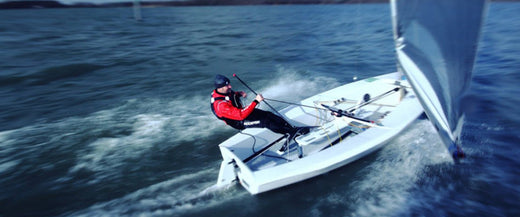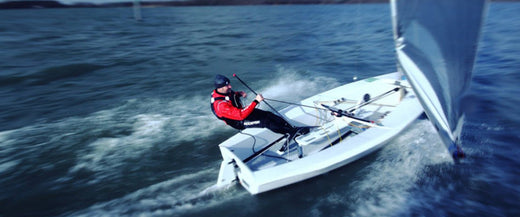Life jackets, also known as Personal Flotation Devices (PFDs), are vital for aquatic activities. But with so many options available online, selecting the perfect one can feel overwhelming. This guide will equip you to navigate the digital marketplace and find the life jacket that keeps you safe and afloat.
Sizing Up the Situation
Fit is paramount. A life jacket that's too loose won't keep you afloat properly, while one that's too tight will restrict movement and be uncomfortable. When browsing online, prioritize life jackets that offer detailed sizing charts. Look for measurements based on chest circumference (for adults) or weight (for children). Don't hesitate to contact us if sizing information seems unclear.
Know Your Activity
Different activities demand different life jackets. Calm inland kayaking calls for a less bulky option compared to open-water sailing. Consider your planned water adventures:
- Calm Waters (Kayaking, Paddleboarding): Look for a comfortable Type III PFD that allows for arm movement.
- Open Water Activities (Boating, Sailing): Opt for a Type II PFD that offers buoyancy and some turning ability.
- Offshore Adventures: Invest in a Type I PFD, designed for maximum flotation and turning ability in rough conditions.
Beyond Buoyancy: Essential Features
While buoyancy is key, other features enhance safety and comfort:
- Flotation Type: Choose between inherent (bulky but dependable) or inflatable (comfortable, but requires maintenance).
- Visibility: Prioritize bright colors like orange or yellow for better spotting in the water.
- Straps and Buckles: Ensure adjustable straps for a snug fit and quick release buckles for emergencies.
- Extras: Consider features like whistles for signaling, pockets for storage, or D-rings for attaching accessories.
Don't Forget the Test Float
Even with careful online research, a physical test is irreplaceable. Once your life jacket arrives, try it on fully clothed (as you would while using it) and ensure a snug but comfortable fit. Can you move your arms freely? Does it stay securely fastened? If not, consider returning it for a better fit.
By prioritizing proper sizing, understanding your activity needs, and considering essential features, you can confidently choose the perfect life jacket online. Remember, a well-fitting life jacket is your best friend on the water – choose wisely, and stay safe!
| Feature | Type I | Type II | Type III |
|---|---|---|---|
| Buoyancy | Highest (over 20 lbs for adults) | High (over 15.5 lbs for adults) | Same as Type II (over 15.5 lbs for adults) |
| Turning Ability | Excellent - designed to turn most unconscious wearers face-up | Good - will turn some unconscious wearers face-up | Limited - not guaranteed to turn unconscious wearers face-up |
| Pros | Ideal for rough water and offshore adventures, provides maximum buoyancy and protection | Offers a good balance between buoyancy and comfort, suitable for inland and near-shore boating | Most comfortable option, allows for freedom of movement, ideal for calm waters and supervised activities |
| Cons | Bulkiest and least comfortable option, can restrict movement | Not as effective for unconscious wearers compared to Type I, may require more upper body strength to stay afloat in rough conditions | Not recommended for rough water or situations where the risk of unconsciousness is high |


